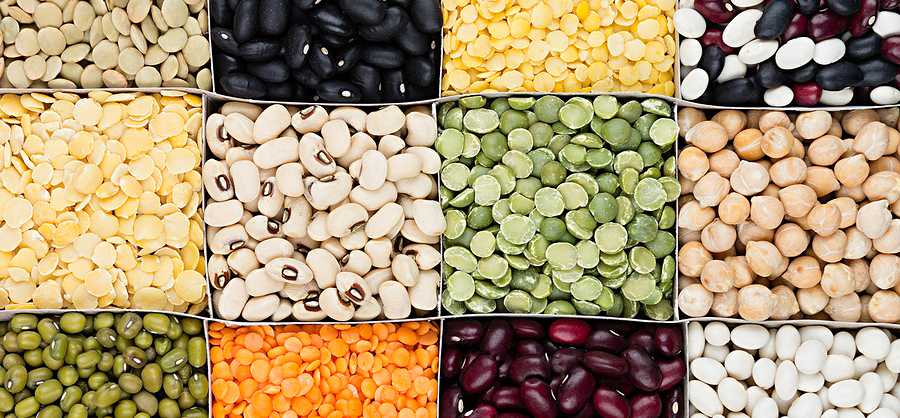Touted by health professionals across the nation and beyond, fiber is an important part of a healthy diet. But what is fiber? If you've ever wondered about the different types of fiber (or didn't know there was more than one), how fiber is beneficial to your health, or which foods are good sources of fiber, here's what you should know.
What Is Fiber?
Often referred to as "roughage," fiber is a kind of carbohydrate found in whole grains, fruit, vegetables, nuts, and seeds. This carbohydrate is unique because it isn't readily absorbed in the small intestine, so it's considered relatively indigestible.
There are two kinds of fiber: soluble and insoluble. Soluble fiber dissolves in water and forms a gel-like substance in the stomach. Bacteria in the large intestine break it down, extracting some calories that can be absorbed by the body but not as much as the other kinds of carbohydrates would provide. Insoluble fiber doesn't dissolve in water and remains mostly intact as it moves through the body, providing no calories.
The different types of fiber work in various ways to help you maintain digestive health. The gel that soluble fiber and water forms in the stomach slows digestion, helping to reduce diarrhea. Insoluble fiber works by absorbing water in the large intestine and adding bulk to your stool, aiding those who are struggling with constipation. If you don't have issues with diarrhea or constipation, both kinds of fiber will help you maintain digestive health and regularity.
Other Health Benefits
Dietary fiber is known to have positive outcomes on different cardiac health risks. In part, this is related to the fact that soluble fiber binds with cholesterol in the small intestine, removing it from the body. Interestingly, a recent study found that fiber intake -- particularly from legumes, fruit, and veggies -- had an inverse relationship with cardiovascular disease risk factors, whereas fiber intake from grain and nut sources did not.
Another study published in Nutrients found that fiber intake not only had an inverse relationship to colorectal cancer risk but also was found to have a protective effect against colorectal cancer. A similar study found high dietary fiber intake was associated with a reduced risk of pancreatic cancer.
Not only has soluble fiber been found to have protective effects against Type 2 diabetes, but it also has therapeutic effects in those who already have Type 2 diabetes. This is due to the improvement in blood sugar levels, insulin resistance, and metabolic profiles in those who regularly consume soluble fiber. Soluble fiber slows digestion, causing your body to digest carbohydrates slower, resulting in the prevention of quick spikes in blood sugar levels. Additionally, because fiber slows stomach emptying, regular consumption will help you feel fuller for longer, potentially aiding in weight loss.
Sources of Fiber
Typically, foods containing one kind of fiber will also have some of its counterpart. Some of the best sources of soluble fiber include oats, bran, barley, beans, edamame, tofu, flax, avocado, Brussels sprouts, sweet potato, asparagus, figs, and fruits with skin. Good sources of insoluble fiber include wheat bran, beans, lentils, whole grains, flax, okra, and peas.
Fiber is a source of carbohydrates that will be found in many of your healthy food choices including fruits, veggies, and whole grains. While these foods carry their own health benefits, the fiber they contain has a significant impact on many different areas of health. From cancer prevention to aiding weight loss, fiber works for your body in numerous ways, illustrating the importance of including it in your diet.




